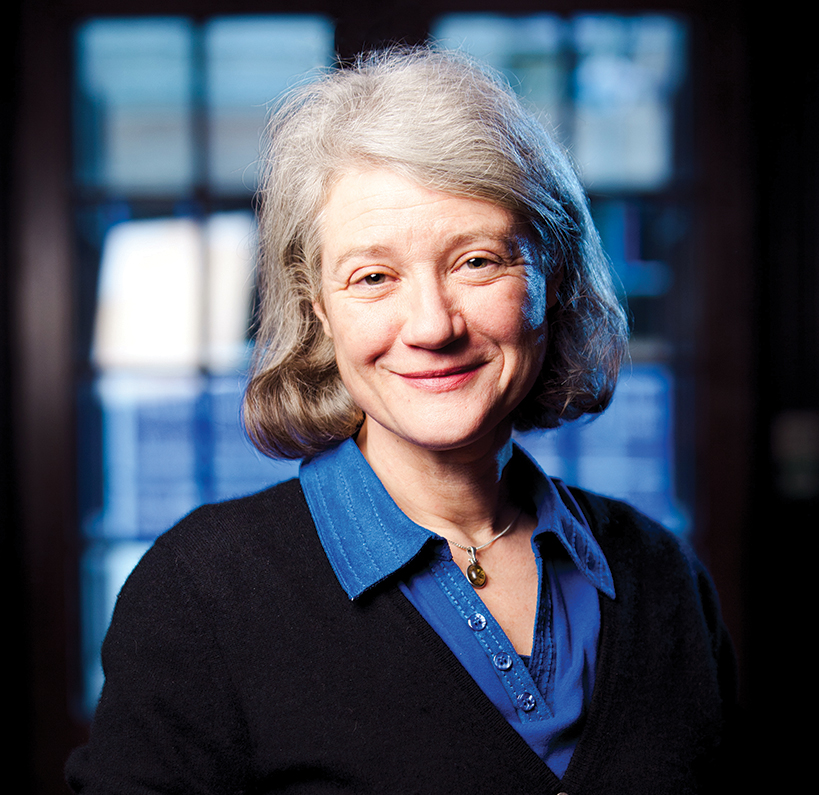Dickensfest
Posted in Editorial blog posts and tagged with
On Saturday, Dickens came to the Strand – in the ambitious form of Dickensfest! ~ an event co-organised by The Centre for Life-Writing Research at King’s (where Strandlines lives) and Westminster Archives. Many thanks to Ruth Richardson and Judith Bottomley for inspiration and organisation.
Dickensfest lined up all sorts of scholars and writers to talk about aspects of Dickens’ life and works, including Dickens on screen, workhouse food, blue plaques and apps – all interspersed with brilliantly-evoked readings by Gordon Milne, and jovially chaired by Griff Rhys Jones. Many thanks to the speakers who gave up time to share learned enthusiasms, and thanks to everyone who came, listened and joined in.
It was great to have a full house! Seating for 170, all full! More chairs required! And apologies for their being not very comfortable, as noted in evaluation forms…alas I couldn’t improve the college-supplied furniture…and thanks to those who completed questionnaires, which were overwhelmingly appreciative of the day. A feast, said one; another wittily joked, Please can we have some more!
On the basis of talks and reactions, it is interesting to note a few things. One is the power of a canonical author – not just Dickens, but notably Dickens – to attract a large and enthusiastic audience. It’s as if Dickens has the power to condense an era, though the ideas of Victorian society were not particularly a focus of Dickensfest – there was more weight given to history, in the sense of who and what Dickens knew and what those networks led to, especially in relation to workhouses, theatres and publishing culture. Traditional biography is clearly alive & well.
It was also notable that people warmed most to Dark Dickens, as in the Museum of London app title. That suggests maybe what’s being condensed isn’t only a historical past but also a present mood? There’s tons of jolly stuff in Dickens: why do we warm to that less? One factor may be the way London itself, or literary London, has acquired a dark signifying power. The night before Dickensfest, I read a piece in the Evening Standard about insomnia, in which it was said that authors – T.S. Eliot, Peter Ackroyd and Dickens (in that order!) – had all been drawn to explore London at night, darkly. The writer might have mentioned Virginia Woolf as another drawn to night walking – does that omission lend weight to the idea of dark London as bound up with masculinity? The affect in or through biography is also clearly alive & well.
Dickensfest was designed to tie up with City Read’s promotion of Oliver Twist, and Strandlines’ interest in Dickens does go straight to the Dickensian darkness of Warren’s Blacking factory at Hungerford Stairs, where both Dickens and David Copperfield suffer as they stuck labels onto jars (some of which, as Michael Allen joyously pointed out, can be bought on e-Bay!) The interweaving of fact and fiction is an area in which life writing is much involved, and Dickensfest brought out how Dickens the reformer engaged with both.
One other thought: I’ve been asked when the Dickensfest talks will be available as recordings. They’re not, I’m afraid: lack of funding and press of business prevented talks being turned into podcasts. Our idea of events is changing: it used to be that if you didn’t go to an event, you accepted you missed it. Now virtual capture blurs being there and hearing there, or being there and seeing there. Apologies to the virtually disappointed.
Our next event, Strand Lives day on 8 May, is also the last event in the Strand Lives series. My original title for the day was Luminous and Lesser Lives – a title I now regret, because nobody’s life is lesser. What I wanted to evoke was that the life of a place turns on the lives of unfamous people – though Dickens will make a brief appearance! One of the tantalising aspects of Dickensfest was that the audience, who all had to come in via the Strand entrance, count as Strand Lives…and so I hope they visit Strandlines and post more of Strand life, both about now and about interests now in the Strand of the past.

